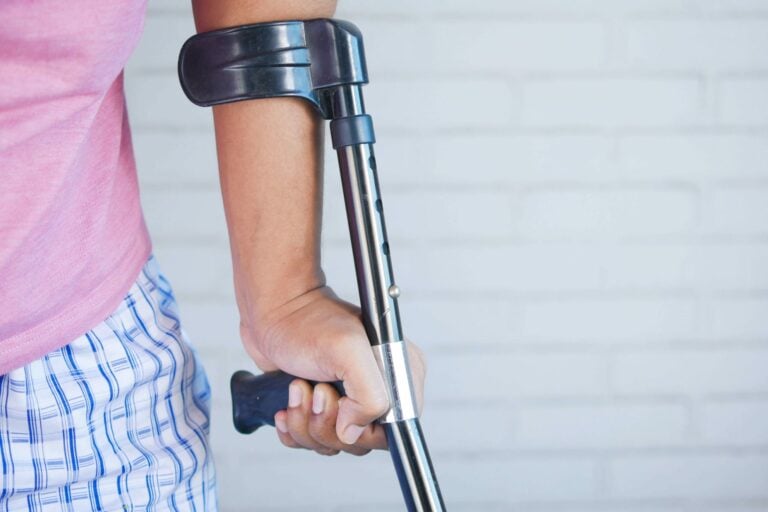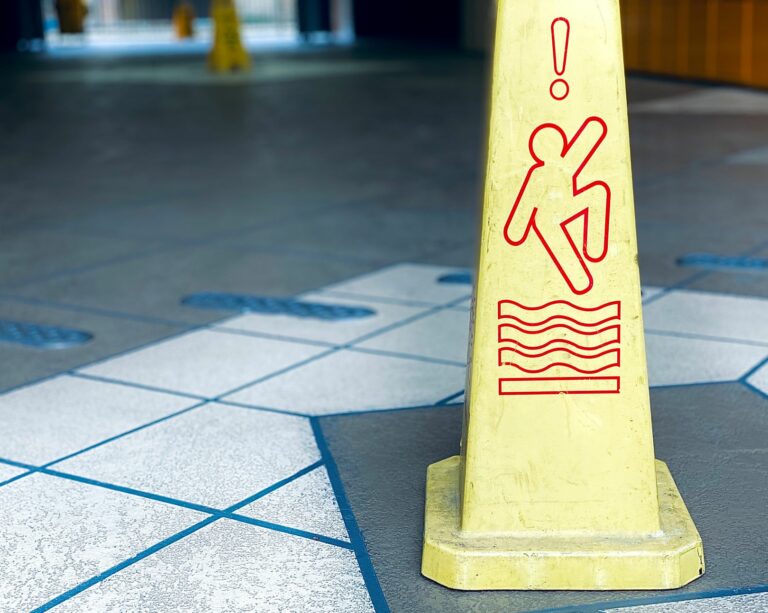What Are The Most Common Personal Injury Claims?
Accidents are inevitable but when someone is at fault for causing you personal harm, you may be owed compensation. It’s common for people to think that injury claims typically pertain to car accidents or workplace falls or spills, but things like dog bites or medical malpractice are filed each year. Most people have heard of…






